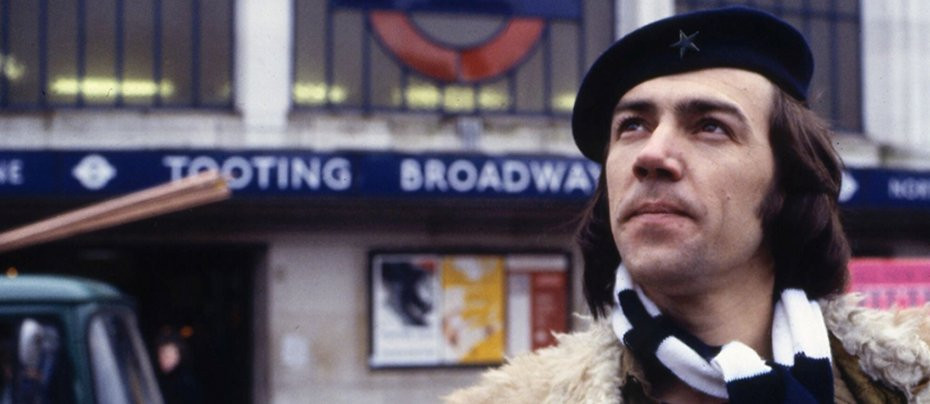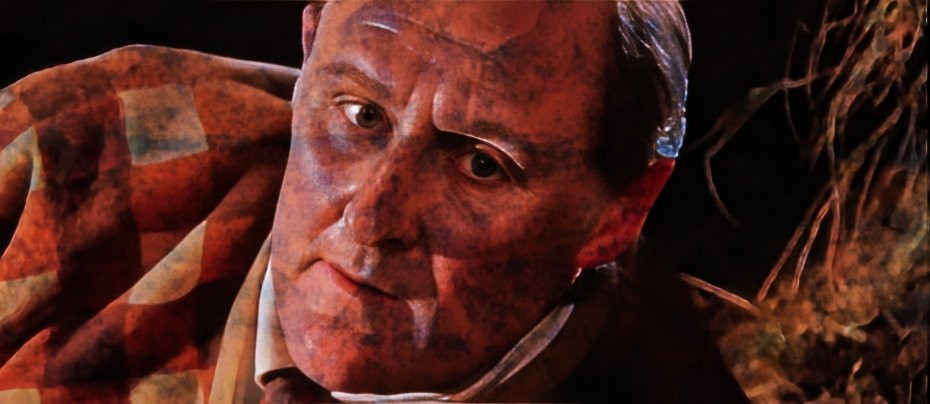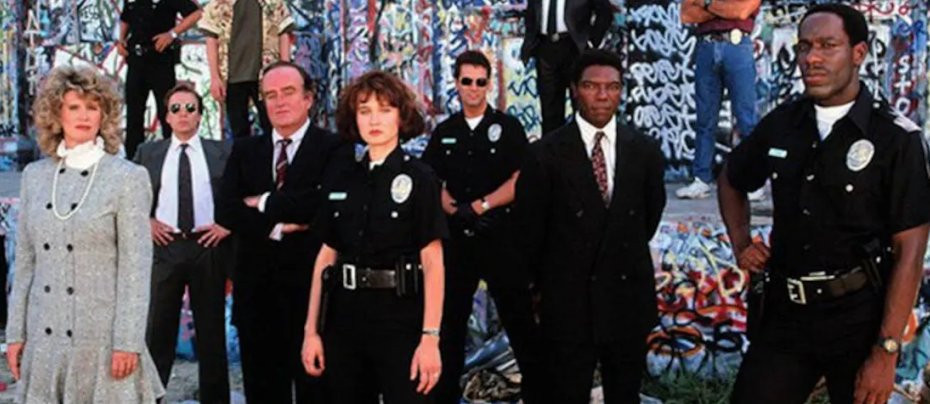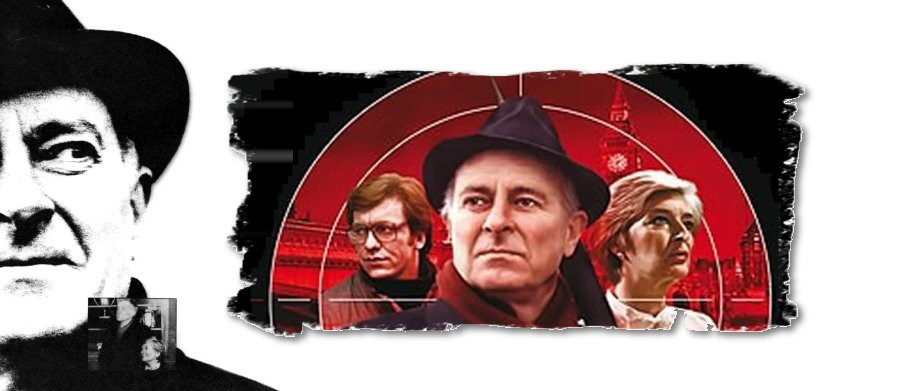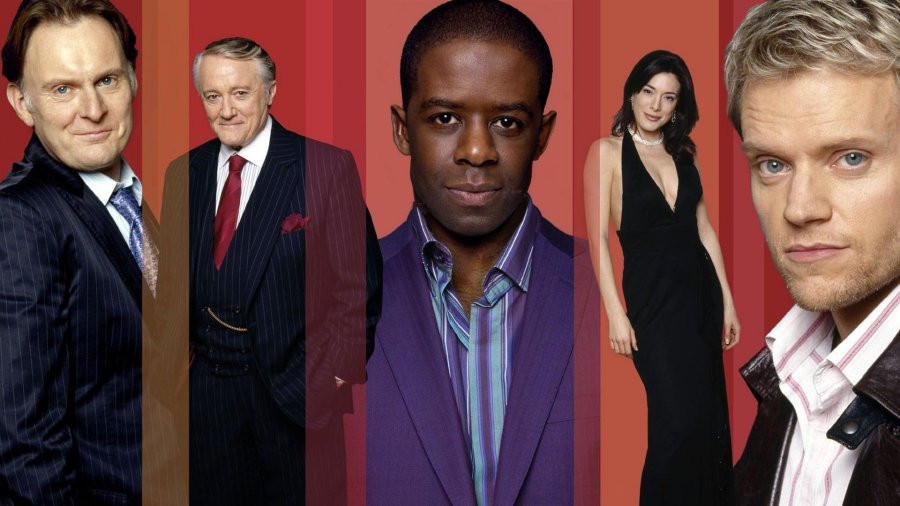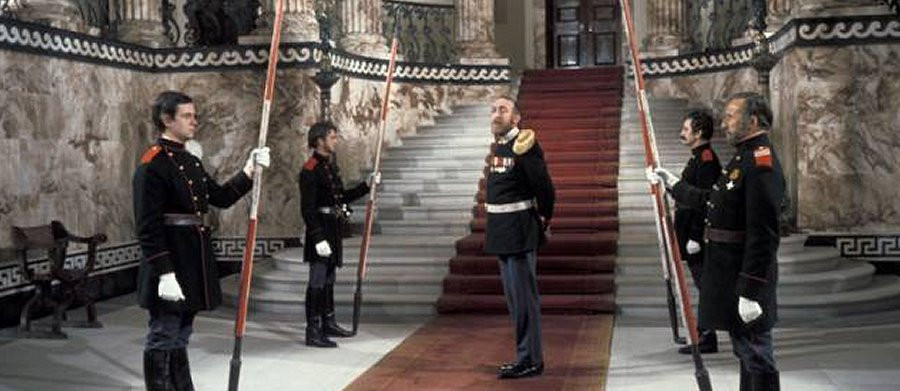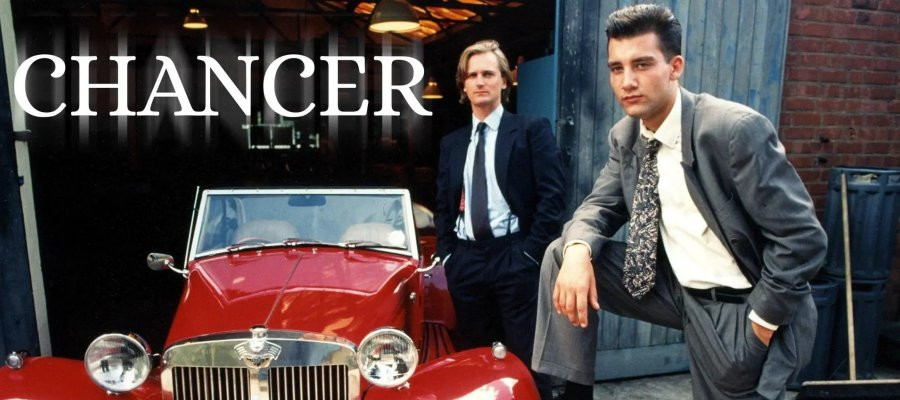
Chancer
1990 - United KingdomA Gripping Tale of Deceit, Redemption, and Corporate Intrigue
When Chancer first aired in the early 1990s, it introduced British audiences to a fresh-faced Clive Owen, whose portrayal of Stephen Crane – or rather Derek "Dex" Love – remains one of the most compelling antiheroes in British television drama. Stylish, shrewd, and unafraid to bend every rule in the City’s book, Crane is a man who makes his own opportunities – often at the expense of others.
At the heart of the first series lies a fascinating premise: a sharp City analyst is recruited by an old friend to help salvage a crumbling Midlands-based family car firm, Douglas Motors, after a devastating fire. What follows is a fast-paced and emotionally complex exploration of morality, identity, and ambition.
Clive Owen (American Crime Story) is magnetic as Crane – a man whose charm is matched only by his capacity for deceit. When Crane attempts to rescue Douglas Motors through a dodgy insider trading deal involving half a million pounds stolen from his venomous boss, James Blake (played with delightful menace by Leslie Phillips), the consequences come crashing down. Crane is exposed, disgraced, and thrown out of his lucrative City life.
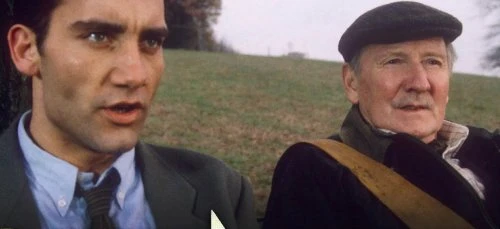
Yet Chancer is not simply a tale of business gone awry. It becomes a study in personal reinvention. As Crane – or rather Dex Love – becomes entangled with the Douglas family, he’s drawn into a tangled web of affairs, betrayals, and the emotional fallout of old wounds. There's love, heartbreak, and betrayal in spades, but it’s never overcooked.
The reveal that Crane is in fact Dex Love – assuming the identity of a dead man – is a turning point that deepens the show’s themes of facade and reinvention. It's classic British drama: smartly written, occasionally melodramatic, but always anchored by character.
Peter Vaughan (Porridge) delivers a quietly powerful performance as Thomas “Tom” Franklyn, a trusted advisor to Douglas Motors and a man of principle – a relic of a more honourable business era. He brings a deep moral weight to the story, often serving as a voice of scepticism and integrity in the face of Crane's schemes. In a world awash with duplicity and ambition, Franklyn’s presence reminds us of what’s being lost: craftsmanship, loyalty, and personal honour. As always, Vaughan, known for his ability to convey power with minimal dialogue, delivers a subtle but weighty performance.
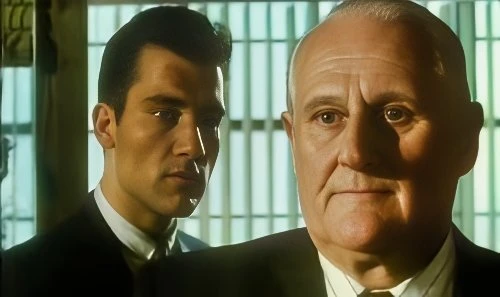
Series two shifts tone significantly. Released from prison after a six-month sentence, Dex is no longer the swaggering City chancer in sharp suits. Instead, he’s broke, directionless, and – crucially – stripped of the smug "Crane’s law rule number one" monologues that occasionally grated in the first series. This change brings a rawer, more vulnerable side to the character, and the drama benefits.
His obsessive pursuit of Jo (Susannah Harker - Ultraviolet), now returned from abroad with a child, adds a darker, more personal edge to the series. But her shocking and untimely death at the end of the first episode sets the stage for a more mature and sobering narrative.
Dex’s subsequent involvement with Piers Garfield Ward (Simon Shepherd - Peak Practice), a man saddled with a crumbling stately home and a mountain of debt, gives the second series a new focal point – the struggle to maintain heritage in the face of modern financial realities.
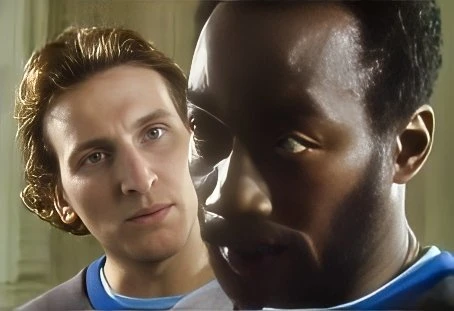
And keep an eye out for a young Christopher Eccleston (Doctor Who) in the opening episode of series two – a small role, but a glimpse of future brilliance.
Chancer is very much a product of its time, with all the period charm – and shoulder pads – that the early '90s can muster. But beneath the gloss lies a sharp, character-driven drama that stands the test of time. It’s a tale of masks, motives, and moral grey areas – and one that launched Clive Owen on the path to stardom for good reason.
Verdict: ★★★☆☆
Stylish, sharp, and full of twists.
Seen this show? How do you rate it?
Seen this show? How do you rate it?
Published on October 14th, 2025. Written by Laurence Marcus for Television Heaven.


